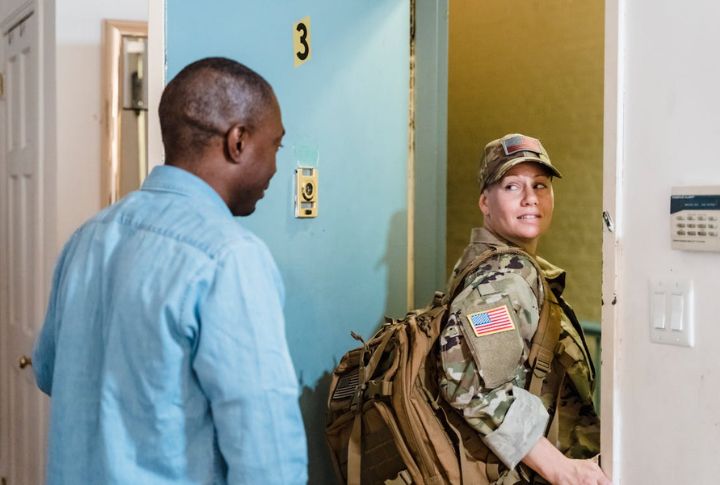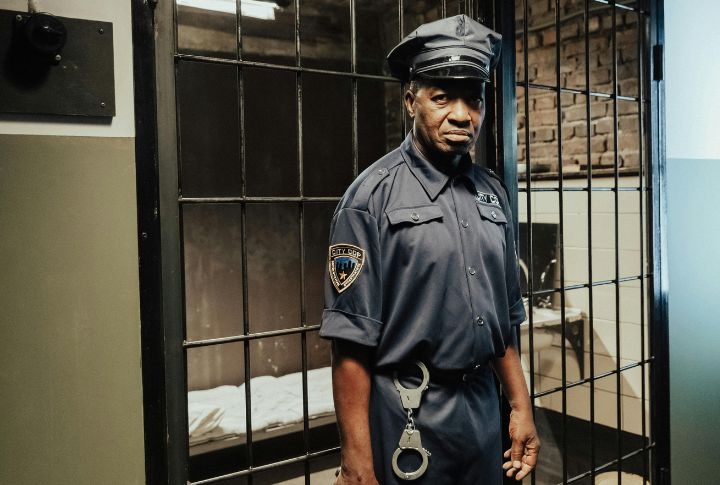
Love might conquer all—until your work schedule gets involved. Some careers come with chaos baked right in, turning dinner dates into distant memories and patience into a luxury. Turns out, passion doesn’t always survive the paycheck. Ready to see which jobs make “for better or worse” truly get tested?
Massage Therapists

While massage therapy involves necessary physical touch with clients, it can create tension in a marriage. The emotional exhaustion from caring for others also leaves the therapist with little energy for personal connections, which can lead to misunderstandings and feelings of neglect in the relationship.
Bartenders

Bartenders frequently appear among professions with the highest divorce rates. Late-night shifts, weekend hours, and a constant presence around alcohol disrupt relationship stability. What’s more? Their earnings depend heavily on charm and approachability, qualities essential for income but occasionally difficult for partners to accept.
Flight Attendants

Being a flight attendant means spending much of the time away from home, putting relationships on the back burner. Important milestones and intimate moments get overlooked, and the emotional toll of constant travel begins to wear down even the strongest connections.
Gaming Managers

Balancing family life with a career in casino management is a constant challenge. Gaming managers usually work nights, weekends, and holidays, all while managing tense situations on the floor. The nonstop schedule also makes it hard to stay present at home, often leaving partners feeling overlooked and distant.
Telemarketers

The endless, unanswered calls become a routine for telemarketers, where focus shifts purely to the demands of quotas. As mental exhaustion sets in, the desire to engage with loved ones fades into the background. Once energy reserved for personal connections is now spent trying to meet goals that feel out of reach, which creates an emotional void.
Military Personnel

Loyalty to service often competes with loyalty at home. Extended deployments separate families for months, but it’s the constant transition afterward that challenges them most. Reintegration after a strict military life also requires adjustment on both sides. Stability becomes a moving target, shifting every time duty calls for relocation or redeployment.
Entertainers & Musicians

Public recognition profoundly alters how entertainers see themselves. Continuous visibility heightens emotional sensitivity, and industry rivalries amplify instability. Frequent travel and promotional obligations further increase distance from loved ones, leaving relationships vulnerable to tension and neglect.
Chefs & Food Service Workers

Weekends and holidays cease to exist for couples where one partner is a chef or food service worker. This industry’s high-pressure environment, combined with profoundly irregular hours, creates a fundamental misalignment with domestic life. Picture yourself trying to plan any quality time when their busiest hours are your only free moments!
Correctional Officers

Working inside correctional facilities alters behavioral response patterns. Constant exposure to aggression and control sharpens vigilance and suspicion. Those instincts, necessary for safety, rarely switch off after a shift. Hyperawareness replaces ease, creating tension within families where trust and relaxation struggle to coexist with institutional discipline.
Nurses

Resilience is an essential skill for nurses, built through years of facing trauma and high-pressure situations. While this strength supports them at work, it can make it harder to open up at home. The contrast between professional demands and a partner’s need for closeness can also gradually create distance in the relationship.
